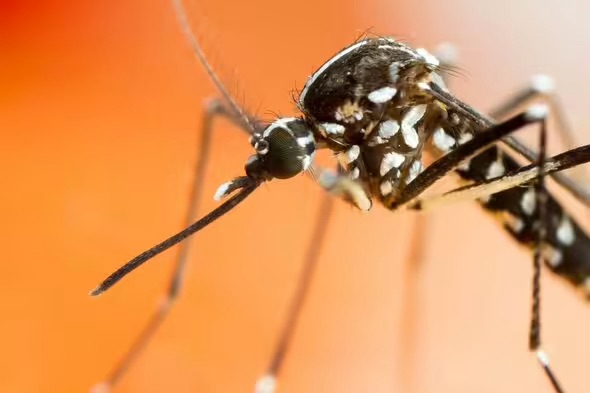Europe is experiencing a rise in dengue fever cases attributed to an invasive mosquito present in 13 EU countries. Although typically mild, dengue can also be life-threatening. The WHO cautions that half of the world’s population is vulnerable to dengue, resulting in up to 400 million infections annually. The ECDC points to climate change as a factor aiding the mosquito’s spread, with travel potentially intensifying outbreaks.
Dengue fever is a viral disease transmitted through mosquito bites, prevalent in tropical regions. Symptoms often include high fever and body aches, though many cases are asymptomatic. While there is no specific treatment for dengue, prompt medical attention can mitigate the risk of severe complications. Prevention strategies center around avoiding mosquito bites, as severe cases can be life-threatening and may necessitate hospitalization.
According to the WHO, dengue typically results in mild symptoms or no symptoms at all, with most individuals recovering within one to two weeks. Severe dengue, although uncommon, can be life-threatening, particularly upon subsequent infections. Symptoms typically begin 4-10 days after infection and can persist for about a week. While there is no specific treatment for dengue, medical care aims to alleviate symptoms and manage severe cases through prompt medical intervention.
Dengue fever is typically treated at home with paracetamol to alleviate pain. Hospitalization is necessary for severe cases, with NSAIDs such as ibuprofen avoided to prevent bleeding complications. Symptoms, which emerge 4-10 days post-infection, encompass high fever, headaches, and muscle pains. The risk of severe dengue rises with repeat infections, necessitating immediate medical attention once the fever subsides.
QDenga, a vaccine for dengue, is authorized for use in children aged 6-16 in high-risk regions, with additional vaccines under development. Dengue is transmitted by bites from infected Aedes aegypti mosquitoes and, more recently, Aedes albopictus in Europe. The virus multiplies in mosquitoes after they bite an infected individual, who can then transmit the virus to other mosquitoes before and after exhibiting symptoms.
Dengue can rarely be transmitted from a pregnant mother to her child, depending on the timing of the infection. This transmission may lead to premature birth or low birth weight. Transmission through blood products or organ donations is also uncommon. The virus can persist and be transmitted from one generation of mosquitoes to the next.
